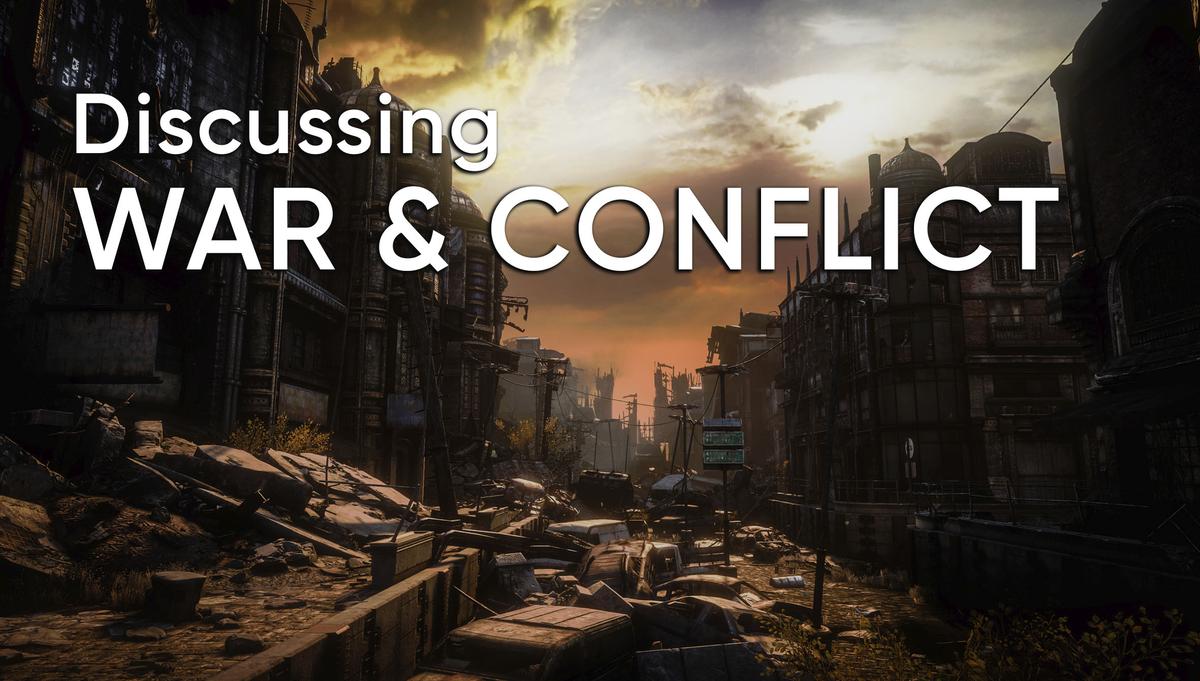From the Deputy Principal
Caroline Wilson-Haffenden

From the Deputy Principal
Caroline Wilson-Haffenden
As we witness the devastating news from Israel and the Gaza Strip, and the horrific violation of human rights, the loss of life and the human tragedy that is unfolding from this conflict, and in Ukraine, we pray for peace and the end of violence.


Peace in the Middle East
God of mercy and compassion,
of grace and reconciliation,
pour your power upon all your children in the Middle East:
Jews, Muslims and Christians,
Palestinians and Israelis.
Let hatred be turned into love, fear to trust, despair to hope,
oppression to freedom, occupation to liberation,
that violent encounters may be replaced by loving embraces,
and peace and justice could be experienced by all.
Children are frequently exposed to distressing news through the 24-hour news cycle and social media. These experiences can provoke anxiety, especially in young minds still forming their worldviews. Parents and caregivers should be mindful of overexposure to such content as it can lead to symptoms similar to post-traumatic stress disorder. Children’s responses to trauma can vary, from being strong emotional reactions to being indifferent. It can leave an emotional imprint that can affect a child's behaviour and perception of danger.
Children need reassurance about their safety as they navigate uncertain times. Tailor conversations to your child's age and emotional maturity. Younger children benefit from simplified explanations focusing on peace, empathy, and cooperation, while older children can delve into historical events, root causes of conflict, and the complexities of international relations.
Before discussing these topics with your child, it is also important to assess your own emotions and comfort level. By staying calm and providing physical comfort, you will help your child regulate their own emotions. In challenging times, compassionate adults play a crucial role in helping children cope with anxiety and providing hope and understanding in our complex world.


SchoolTV Special Report: Discussing War and Conflict
This Special Report provides guidance on how to tackle this difficult topic and helping children understand there is still hope in our complex world. You can access the report via the SchoolTV website here.
Please take a moment to reflect on the information offered at the above link, and as always, we welcome your feedback. If this content raises any concerns for you, a loved one or the wellbeing of your child, please consider seeking medical or professional help.
It is important that we understand the impact of the images, news and media on our mental health and that of our students and teachers. The following from CNN journalist, Andrea Kane (CNN Article 14.10.2023) are worth considering:
Please refer to the below PDF, which provides advice from the eSafety Commissioner's Office about how to respond to disturbing content on social media. Parents and carers are encouraged to utilise this information and resourcing as required.
For further information and resources on the above issue, please view the SchoolTV: Special Report: The Conflict in Ukraine